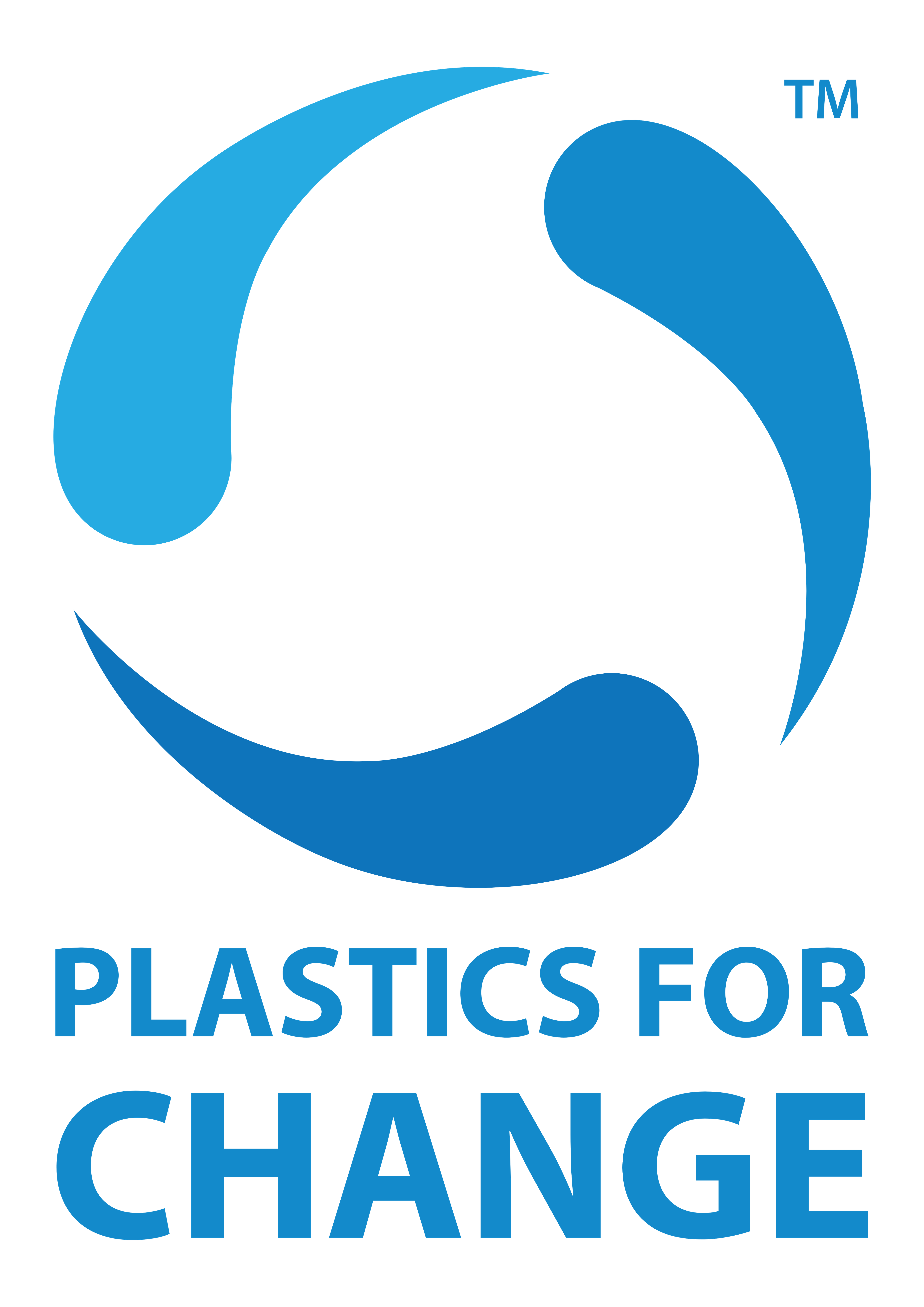Key facts
Only One members are funding the removal of 25,000 kilograms of plastic from the Indian Ocean coastal belt.
The project is stopping the flow of plastic into the ocean, helping conserve marine life, and contributing directly to informal waste workers’ incomes.
Our plastics removal partner Plastics For Change is the largest and most trusted source of Fair Trade recycled plastic in the world!
How the project works
1
Plastics For Change coordinates waste workers who collect plastic from coastlines to stop it from choking ocean life or entering rivers or landfills.
2
The dry waste is brought to a collection center, where it is segregated into different “streams.” Plastics For Change works with the collection center on the specific plastics required to make plastic “bricks.” Each collection center processes around 100 kilograms of plastic for Plastics For Change.
3
The plastics are moved to an aggregation center, where quality control and assurance checks take place, for example removing labels and caps or verifying colors, to ensure the right plastic bricks will be made. The plastics are crushed and baled.
4
The plastics are sent to a granule producer and converted to recycled granules.
5
The recycled plastic granules go to a manufacturer which uses molds to turn the plastics into new products for Plastics For Change to sell to brands and consumers.
Become a member of Only One today to fund Plastics For Change’s project and take direct action to save the planet — planting your own ocean forests and coral reefs, and removing plastic and carbon pollution.
Project impact
All projects on Only One help save the ocean and fix the climate, and 100% of our members’ funds go to impact. Keep reading to discover how our “Fighting ocean-bound plastic in India” project is having a positive effect.
Biodiversity and ecosystems
Did you know that if we don’t take action, there could be more plastics than fish in the ocean by 2050? The Indus and Ganges, two rivers flowing through India, carry the second and sixth highest amounts of plastic to the ocean respectively — so catching plastic on India’s coastlines before it ends up in the ocean, like Plastics For Change’s project does, is crucial. India is one of 17 mega-biodiverse countries worldwide, so by fighting ocean-bound plastic, frontline waste workers are providing hope to India’s ecosystems and ocean biodiversity everywhere.
Plastics removal
Only One members’ funds are directly offsetting certified ocean-bound plastic and ensuring it gets recycled. Plastics For Change strives to always recover and find uses for hard-to-recycle plastic. The types of plastic converted to recycled granules and turned into new products are HDPE, rPP, rPET, and plastic flakes.
Community development
Plastics For Change is in the business of creating meaningful social change and changing lives through recycling. Through Plastics For Change’s project, Only One members are directly supporting informal waste collectors recovering plastic from the Indian Ocean coastal belt, which helps develop improved livelihoods for marginalized communities.
Sustainable Development Goals
By supporting the “Fighting ocean-bound plastic in India” project, Only One members’ funds go toward these 4 United Nations Sustainable Development Goals (SDGs).
Project reporting
Plastics For Change will send Only One a detailed report with key metrics on the plastics collection three months after it has begun. They will provide data on the number of livelihoods in India supported by the project, as well as photos depicting on-the-ground impact for the planet.
More about our plastics removal partner
Plastics For Change — the world’s largest and most trusted source of Fair Trade recycled plastic — is on a mission to empower one million frontline waste workers by providing fair market access. Every 30 seconds, 30 double-decker busloads of plastic waste are burned or dumped in low- and middle-income countries, and over 10 million informal waste collectors around the world are marginalized and live in poverty. Plastics For Change is determined this should, as its name suggests, change. Their solution is a humanitarian one for an environmental challenge, using plastic waste as a resource to create better livelihoods and a cleaner planet.






















